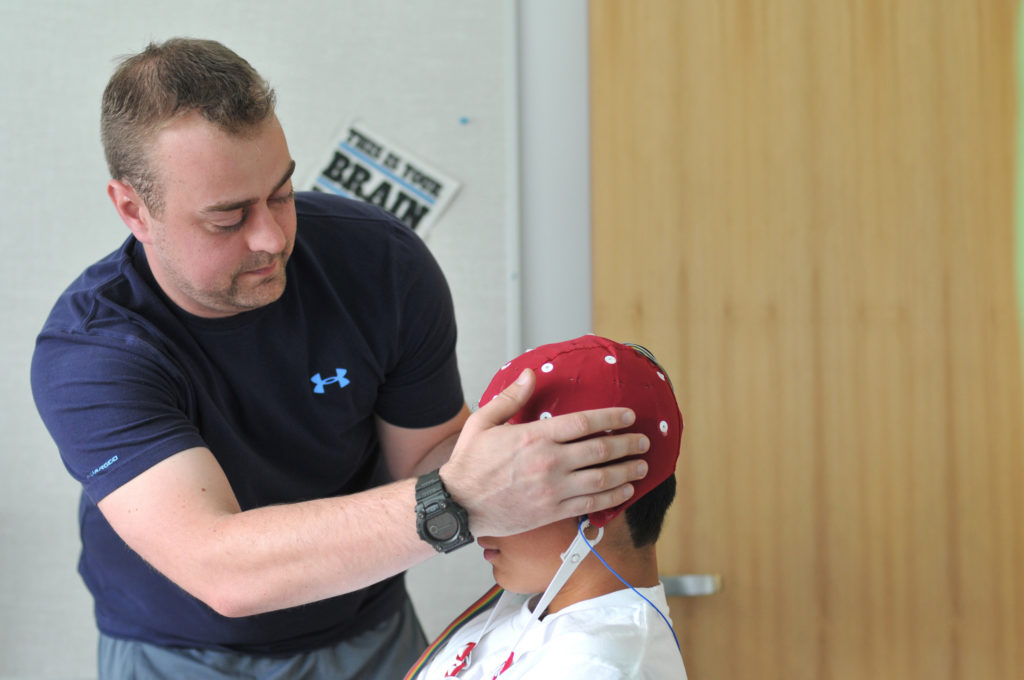Student athletes incur a multitude of injuries during a season. One of the most serious of injuries that athletes can have is a concussion. In any sport, there is a chance to get a concussion, but the chance increases nine fold in sports such as rugby or football. With a concussion, athletes may not realize that they are injured, or they may not want to be taken off the field, which makes it very difficult to treat.
Yet, concussions can result in a multitude of problems, either immediately after impact or after some time has passed. Post-concussion syndrome is a major problem in former professional and amateur athletes. Symptoms include depression, anxiety and memory issues, just to name a few. In severe cases, former college athletes have had to drop out of school. Former professional football player Dave Duerson committed suicide after retiring because of complications his multiple concussions had caused. In Duerson’s case, he intentionally kept his brain intact so that health care professionals would be able to study the effects that concussions had on his brain. He knew that he suffered from a progressive degenerative brain disease called chronic traumatic encephalopathy that is caused by multiple traumatic brain injuries.
Here at Northeastern University, varsity teams have established measures to ensure that athletes are getting the right testing before being able to compete. There is baseline testing to calculate an athlete’s memory function, cognitive speed and ability to process information before students are cleared to play. Once an athlete has sustained a concussion, he or she must take the test again, so that health care professionals can see if any processes in their brain have changed. This gives them a picture of if and when the athlete should return to play.
At Northeastern, though, not all athletes are given the same treatment as varsity players. Club sports are not given the same amount of funding and medical attention as varsity programs, but the players, depending on the sport, are at the same or higher chance of sustaining a concussion as varsity athletes. Yet, club athletes do not receive baseline testing or any concussion education at all. In the last year alone, 20 percent of the players on Northeastern women’s rugby team obtained some sort of brain injury. One player was knocked unconscious and needed emergency medical transportation. Luckily, her ambulance ride was covered by CIPP, a form of insurance that USA rugby requires all players to have. The university, however, does not cover emergency transportation.
There is no reason why club athletes should receive lesser treatment from the university only because they are not varsity players. Northeastern is showing that they do not care about the students that decide to play a sport that they love, even though they are not at a varsity level. For the sake of all athletes—both varsity and club level—Northeastern should provide baseline testing fso that they can continue to play the sports they love.
– Meagan Reid is an international relations and cultural anthropology sophomore.
Photo courtesy Creative Commons.









